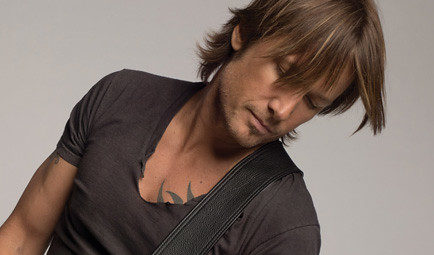Radio interviews are promotional necessities, but some questions venture beyond professional boundaries. Keith Urban’s recent encounter with Australian radio hosts demonstrates where many artists draw that line.
When Promotion Turns Personal
During a July 1st appearance on Mix 102.3’s “Hayley & Max in the Morning,” Urban was discussing his upcoming “High and Alive” World Tour when the conversation shifted dramatically. The hosts introduced their regular “Wall of Truth” segment, acknowledged their own discomfort, then asked Urban about watching his wife Nicole Kidman perform intimate scenes with younger actors like Zac Efron. The call disconnected moments later.
The Reality Behind the Headlines
Initial reports suggested Urban “stormed out” of the interview, feeding the celebrity drama machine. However, sources close to the country superstar clarified the situation: “Keith did not hang up, period. He doesn’t host his Zoom interviews. This is a complete nothingburger.”
Whether the disconnection came from his team or technical issues, the message was clear. Urban has consistently steered interviews away from his marriage throughout his career, and this moment reinforced those boundaries. Urban’s upcoming ABC appearance showcases exactly the kind of professional, music-focused content he prefers discussing during promotional appearances.
“I have never experienced someone hanging up in an interview with me before,” host Max Burford said immediately after the call ended.
The hosts’ surprise reveals something telling about modern celebrity interviews. Many radio personalities have grown accustomed to pushing personal boundaries, expecting artists to play along for promotional purposes.
Where Entertainment Crosses the Line
You’ve probably heard similar awkward interview moments where celebrities shut down inappropriate questions. Urban’s situation reflects a broader industry tension between genuine promotion and invasive entertainment.
Kidman herself has addressed the professionalism required for intimate scenes in multiple interviews, emphasizing trust and technical aspects of filmmaking. Yet radio hosts felt comfortable asking her husband for his personal reaction—a question that serves no promotional purpose for Urban’s tour. Radio’s history of controversial content decisions shows how the medium has long struggled with appropriate boundaries, though today’s issues center more on personal invasion than lyrical content.
This incident won’t derail Urban’s career or the radio show’s ratings. But it does highlight how some promotional formats have almost outlived their usefulness, especially when shock value trumps meaningful conversation about the music.
The bottom line: Artists promoting their work shouldn’t have to field questions about their spouse’s on-screen intimacy, regardless of how “provocative” a radio segment claims to be.


























